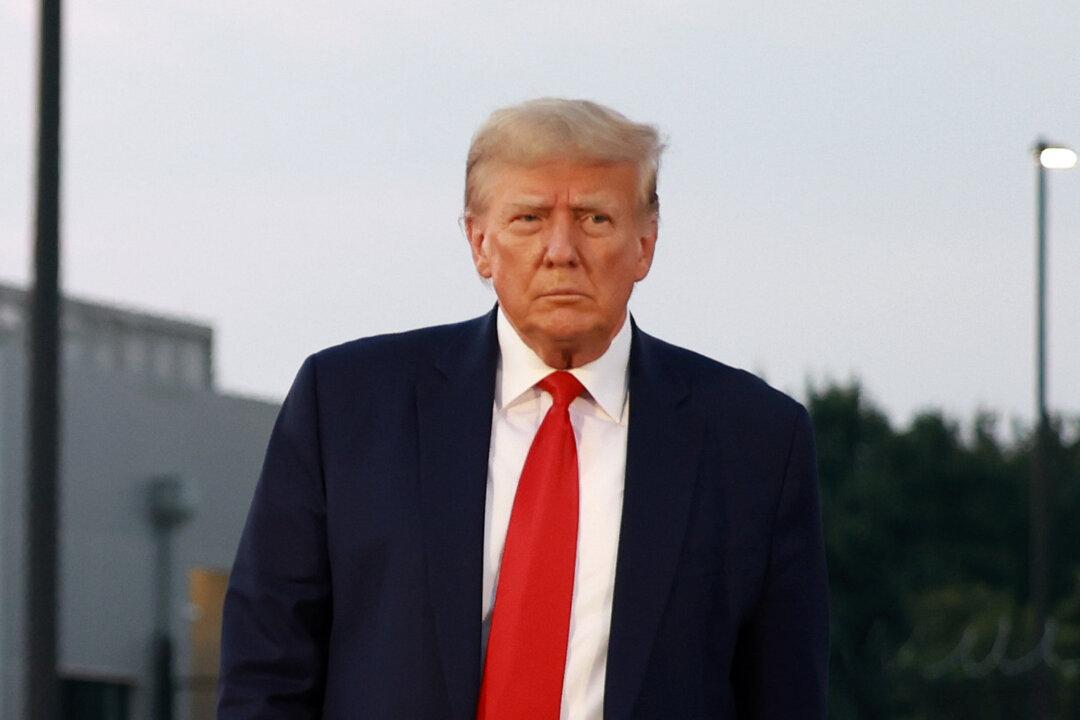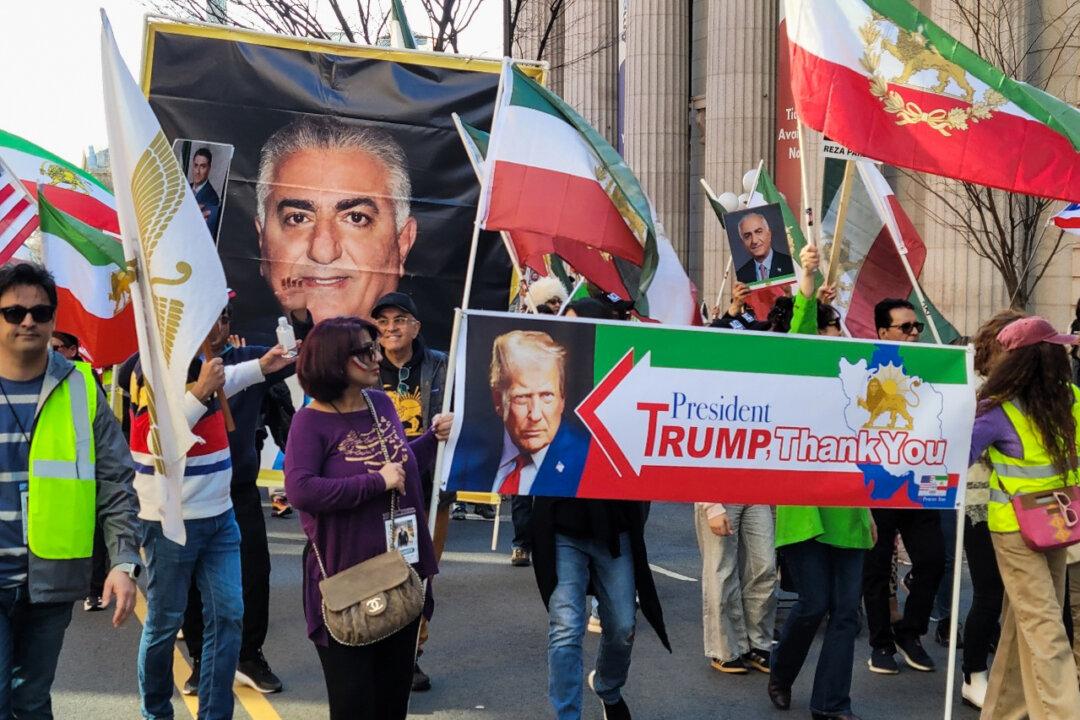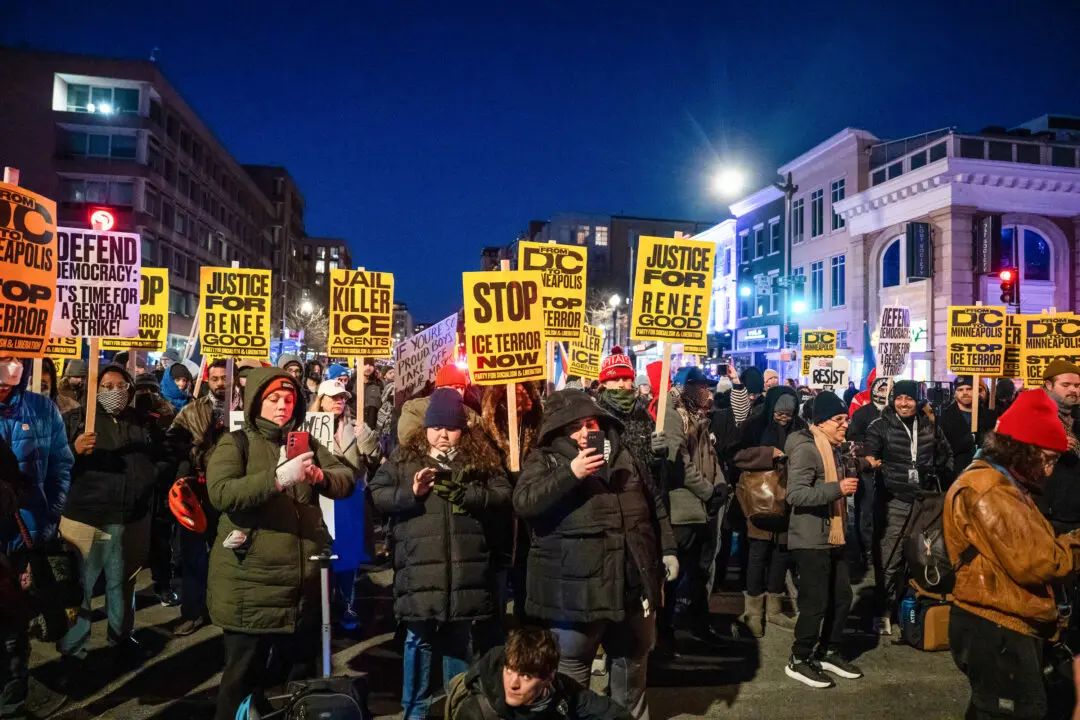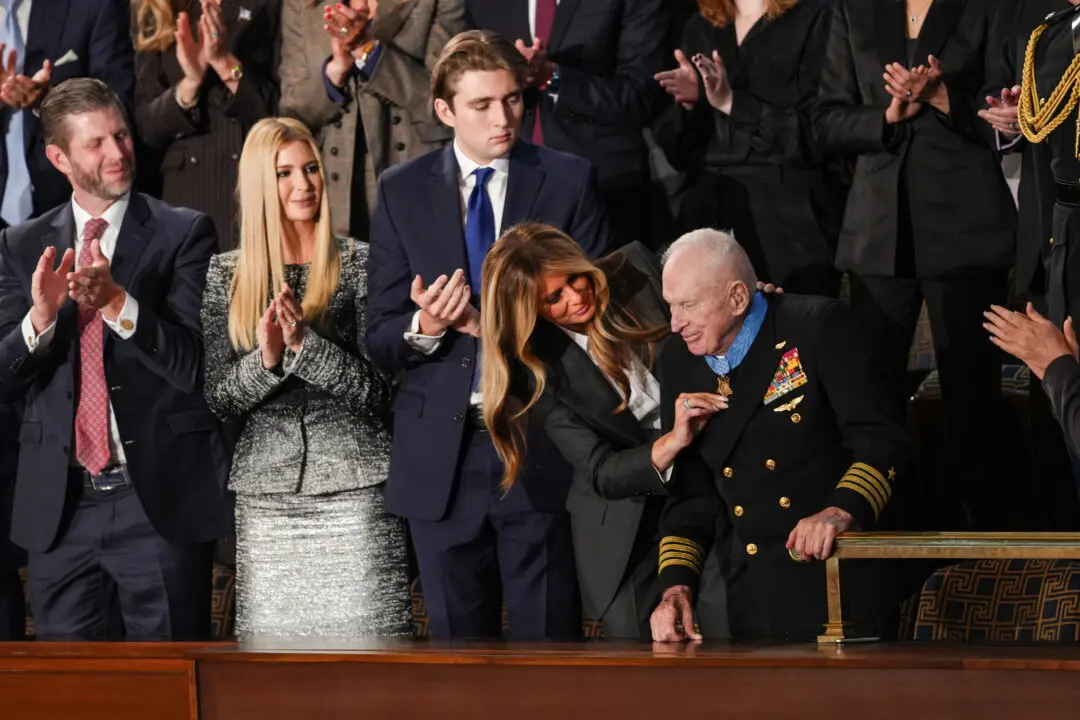Adversaries of former President Donald Trump, including some fellow Republicans, are pushing a much-debated legal theory to keep the embattled former president off the 2024 ballot in key U.S. states.
Proponents of a 14th Amendment-based theory argue that a post-Civil War clause ought to keep him off the ballot right now, even without a single conviction on the dozens of hotly disputed charges President Trump faces in four separate criminal cases.





